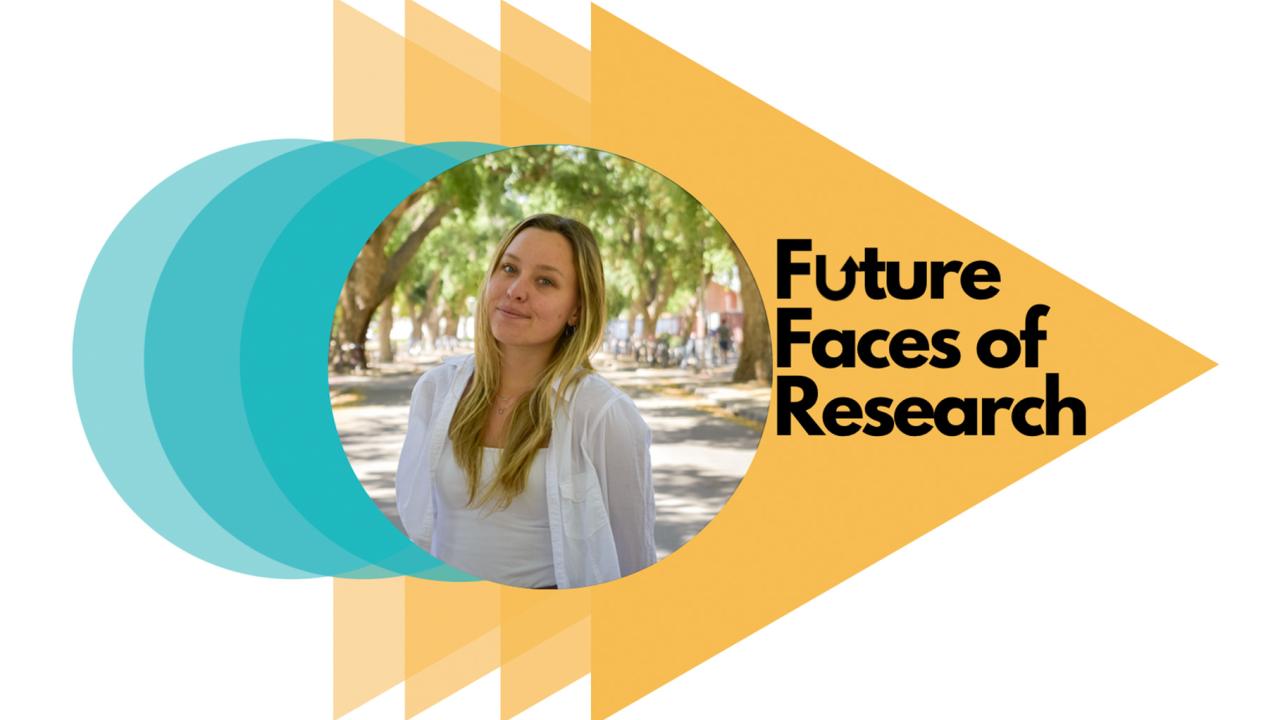
Future Faces of Research
FRI is proud to present Future Faces of Research. This new series features the voices of undergraduate students writing about their experiences doing justice and equity focused research. The inaugural piece is written by Ellie Legg, FRI undergraduate researcher.
Part of why I chose to attend UC Davis was its R1 research university status. I wasn’t sure what I wanted to do yet with my career, but I knew having the opportunity to dive into research as an undergraduate would be a valuable experience. But when I got here, getting involved in research was a complex process, and finding paid positions proved even more challenging. I tried everything I could think of, including cold emailing every professor I was interested in, crossing my fingers that they needed research assistants.
After about 9 months of searching, I now hold a paid position at the Feminist Research Institute, as well as unpaid positions at the Social Cognitive Lab and the MIND Institute. However, I still have peers who are struggling to find labs to join, the majority of these peers being women in the biological sciences. This motivated me to research women’s experiences within STEM fields. I conducted five semi-structured interviews and designed a follow-up survey with Likert scale questions measuring undergraduate women’s sense of belonging. Through my investigation, I found that women are in need of more support overall but specifically, support from their academic institution.
So what does this mean for female-identifying undergraduates, such as myself, here at UC Davis? We need more support to find research experience. Undergraduates need to be fairly compensated for their time, especially when 10 hours a week is the standard requirement for lab positions. Financial compensation is critical due to the economic hardships for many students attending college; taking an unpaid position is hard to justify when that same time could be spent earning an income at a part-time job to ease the financial burden. Additionally, there needs to be more assistance in the process of obtaining research experience positions, combined with updated resources on where and how to apply.
Undergraduate women in STEM who felt they had UC Davis support were more likely to believe they were worthy of being in the STEM space. One participant specified:
“...as a woman in STEM sometimes it’s hard to feel heard especially when the majority of your professors and TAs are men, but I’ve had some women professors that have inspired me to do more and not let stereotypes or imposter syndrome bring me down.”
These results are consistent with previous research on belonging. A retrospective study found that the two important themes for women's success in STEM careers were teacher and parental support combined with a strong sense of belonging in the field (Moore 2021). This research may also be true for those minoritized based on race and sexual identity (Johnson et al 2007, Rodriguez et al 202, Rainey et al 2018). This research showed me that when choosing a graduate program I need to prioritize an institution that will offer me the support I need, thus allowing me to feel that sense of belonging and giving me space to excel, over choosing an institution based on its prestige alone.
Although my experience of participating in research ended in success, I know that it should not have been as hard as it was. I was successful because of my ambition and persistence, combined with overwhelming support from my peers and family who allowed me to have the flexibility to accept unpaid positions. Being able to be a research assistant and collaborate on research projects is now my most valuable experience as an undergrad. With proper support, we could see the percentages of women in STEM increase and create space for more diversity within historically underrepresented fields, especially in research spaces. I hope for our future females in STEM that their undergrad is filled with abundant research opportunities and fairly compensated research positions, because that should be the standard for an R1 status university.